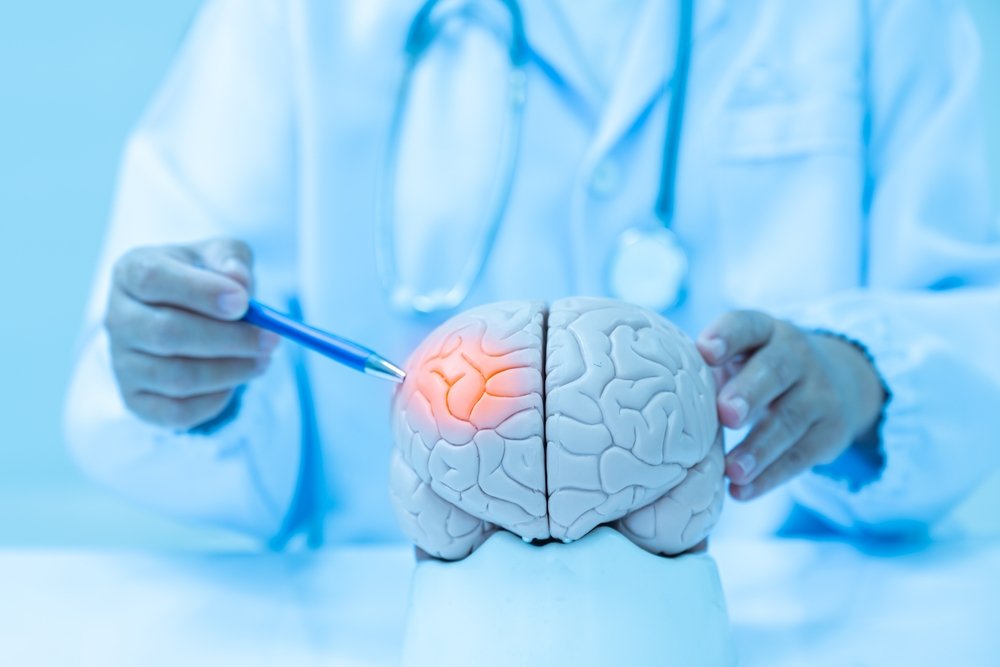Given the broad spectrum of such diseases, every condition that impacts the brain, spinal cord, or nerves could be seen as one of these. These conditions could affect the individual’s cognitive capacity, motor skills, and general wellbeing, hence lowering their quality of life. Knowledge then of the reasons and symptoms of these conditions, their causes, and treatment options will help patients and caregivers as well as medical professionals. A centerpiece in this picture, DoctorHub360.com offers many creative ideas and complete resources for control of neurological health.
Understanding Neurological Diseases
Neurological Diseases: are the conditions by which the range of the physical nervous system axis is impaired. Usually originating in the brain, cord, and loss of nerve fibers throughout the body, these diseases can be broadly divided.
Neurodegenerative Diseases: Improvement in these circumstances is progressive and marked by nerve cell degeneration. The subsequent list of afflictions is neurodegenerative:
Loss of memory: Alzheimer’s Disease. Here is some clarifying information on if and why astral projection might be possible. And the most frequent, noted cognitive decline stems from brain cells’ degeneration.
Parkinson’s disease: Most likely, Parkinson’s disease is marked by tremors, rigidity, and bradykinesia—that is, sluggish speed.
Huntington disease: An inherited disease in which nerve cells are progressively damaged in the brain, Huntington’s disease affects physical movement, cognitive ability, and mental symptoms.
Cerebrovascular Diseases
Brain vessel disorder includes the following conditions:
Stroke: A blood flow to specific parts of the brain gets shut off, and the brain cells die as a result.
Symptoms: Sudden limb weakness, speech problems, and vision difficulty may all be signs.
transient ischemic attack (TIA): Often known as a ministroke, transient ischemic attack (TIA) is an event that lasts only briefly with symptoms mimicking those of a stroke.
Diseases of Demyelinating
Those causing damage to the myelin sheath, which is the protective covering of nerve fibers, include the following ones:
multiple sclerosis (MS): Multiple sclerosis is an autoimmune disease that causes an attack on the myelin sheath by the immune system, with failure to communicate between the brain and body. Symptoms include fatigue, visual disturbances, and impaired coordination.
Functional Neurological Disorders
Functional neurological disorders (FND) are neurological conditions encountered by patients in which any structural cause cannot be easily defined:
Functional Movement Disorders: An umbrella term for involuntary movements or tremors and gait disorders which cannot yet explicitly be attributed to neurological causes.
Decision: Non-epileptic seizure-like episodes without any electrical disturbance in the brain.
Causes of Neurological Diseases
The pathos of neurological disorders is very diffused, with a lot of identities involved:
Genetic Factors: Mutations transmitted from ancestors to their offspring may be responsible for the development of Huntington’s disease and some kinds of epilepsy in individuals.
Infectious diseases: Inflammation of the brain and surrounding structures brought on by bacterial or viral illnesses, including meningitis and encephalitis, has led to the answer responses to:
Traumatic injuries: Damage to the head or neck resulting from a blow can permanently impair neurological function.
Environmental Factors: Heavy metals, poisons, or chemicals damage tissues of the nervous system.
Autoimmune responses: There is a disease in multiple sclerosis whereby the immune system erroneously targets its own nerve tissue.
Deprived of oxygen and nutrients, vasculopathies, lack of blood flow, or strokes cause the brain tissue to die.
Neurological Diseases Symptoms
Symptoms differ greatly based on the exact condition and the nerve system region under assault.
Symptoms of Neurological Disorders
Symptoms vary widely depending on the specific disorder and the area of the nervous system affected. Common manifestations include:
- Cognitive Symptoms: Memory loss, confusion, difficulty concentrating, and impaired judgment.
- Motor Symptoms: Muscle weakness, tremors, paralysis, and coordination problems.
- Sensory Symptoms: Numbness, tingling sensations, and vision or hearing impairments.
- Autonomic Symptoms: Dysfunctions in blood pressure regulation, heart rate, and bladder control.
- Emotional and Behavioral Symptoms: Depression, anxiety, mood swings, and personality changes.
Diagnosis of Neurological Diseases
Good management relies on a proper diagnosis. Health care professionals use the following diagnostic instruments:
Neurological Examination: Neurological examination of sensory response, coordination, muscle strength, and reflexes.
Imaging Studies: MRI and CT scans show pathology using proximal and distal anatomic markers in the spinal systems and brain.
Electrophysiological Tests: EEG and EMG analyze the electric activity in the brain and the muscle.
Laboratory Tests: Blood tests meant to identify autoimmune diseases, metabolic issues impacting the nervous system, or infections.
Genetic Testing: Analyzing DNA for particular mutations will help you identify inherited conditions.
Treatment Options for Neurological Diseases
Therapy varies according to the particular disorder and individual patient needs:
Medication: Among these will be drugs intended to keep damage to nerve cells.
symptomatic treatments: medicines aiding to alleviate pain, mood swings, or seizures.
Disease-Modifying Therapies: For illnesses like MS, disease modifying medicines help to retard progression.
Conclusion
For patients as well as for their caretakers, the information of causes, symptoms, and treatment alternatives has crucial components. Supportive care, scientific knowledge, and therapeutic strategies that keep growing together might enable one to better control neurological diseases by their symptoms and effects on life quality.
Particularly crucial therefore is a website like DoctorHub360.com offering top-tier developments, expert consultations, and a thorough view of neurological health. Combining technology with medical expertise, DoctorHub360.com links patients and medical professionals to more effectively present and assure availability of information about treatment alternatives.
Also Read: Exploring the Intersection of Diet Coke and ZYN: A Comprehensive Analysis





